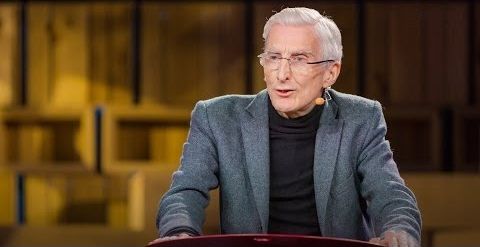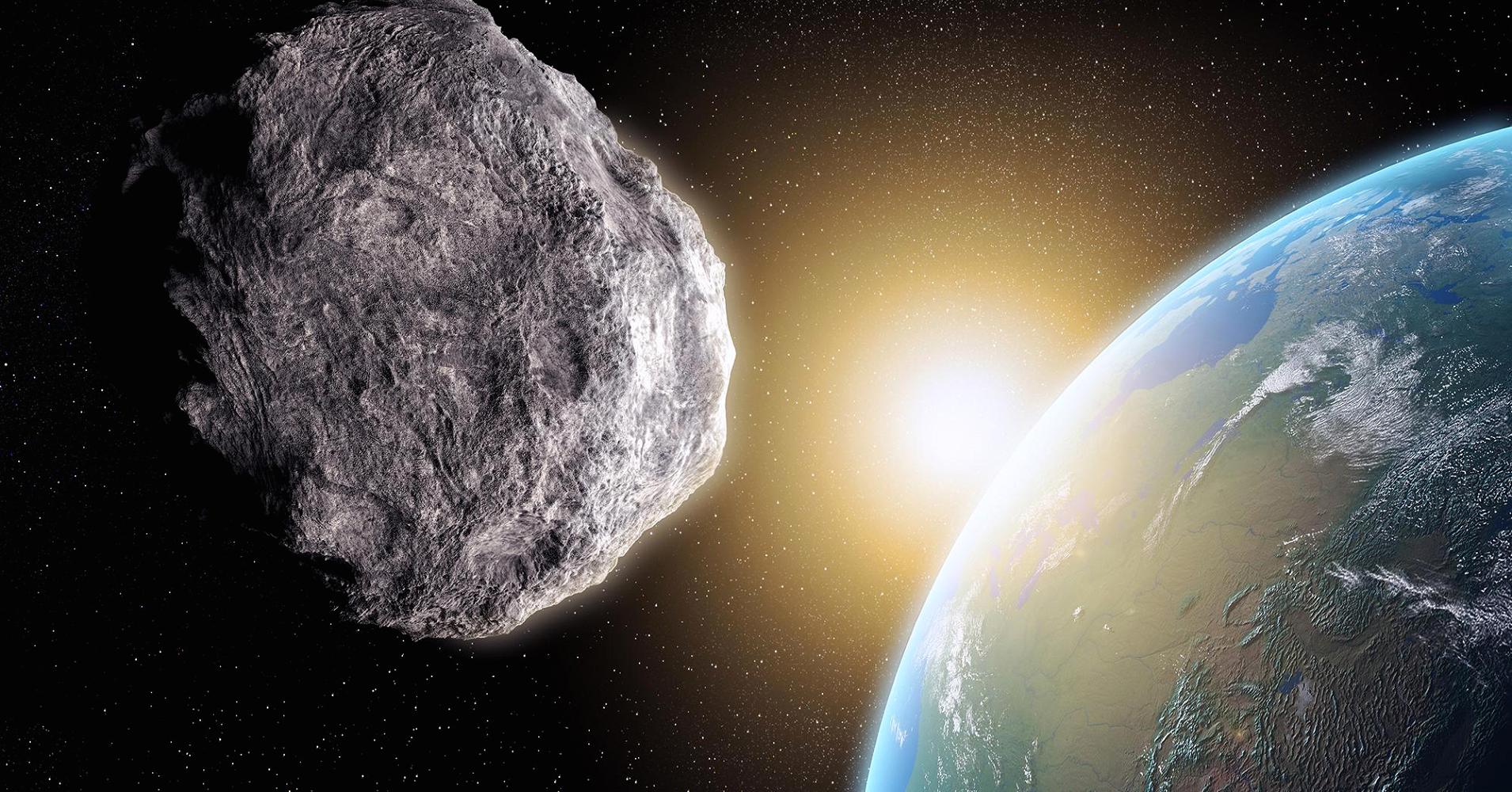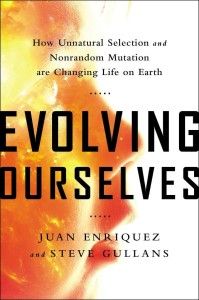At one time or another, we’ve all been encouraged to “maximize our potential.” In a recent interview, Academic and Entrepreneur Juan Enriquez said that mankind is making progress toward expanding beyond its potential. And the changes, he believes, could be profound.
To illustrate the process, Enriquez theorized what might happen if we were to bring Charles Darwin back to life and drop him in the middle of Trafalgar Square. As Darwin takes out his notebook and starts observing, Enriquez suggested he would likely see what might appear to be a different species. Since Darwin’s time, humans have grown taller, and with 1.5 billion obese people, larger. Darwin might also notice some other features too that many of us take for granted — there are more senior citizens, more people with all their teeth, a lot fewer wrinkles, and even some 70-year-olds running in marathons.
“There’s a whole series of morphologies that are just different about our bodies, but we don’t notice it. We don’t notice we’ve doubled the lifespan of humans in the last century,” Enriquez said. “We don’t notice how many more informations (sic) come into a brain in a single day versus what used to come in in a lifetime. So, across almost every part of humanity, there have been huge changes.”
Part of the difference that Darwin would see, Enriquez noted, is that natural selection no longer applies as strongly to life and death as it once did. Further, random gene mutations that led to some advantages kept getting passed down to generations and became part of the species. The largest difference, however, is our ongoing move toward intelligent design, he said.
“We’re getting to the stage where we want to tinker with humans. We want to insert this gene so this person doesn’t get a deadly disease. We want to insert this gene so that maybe the person performs better on an 8,000 meter peak climb, or in sports, or in beauty, or in different characteristics,” Enriquez said. “Those are questions we never used to have to face before because there was one way of having sex and now there’s at least 17.”
According to Enriquez, the concept of evolving ourselves is an important one because we are the first and only species on earth that has deliberately taken control over the pattern of evolution of what lives and dies (Science Magazine seems to agree). The technologies we’re developing now towards this goal provide us with an instrument for the a potential longer survival of the species than might otherwise be possible.
Those notions, however, raise a number of moral and ethical questions. “What is humanity…where do we want to take it?” Enriquez poses. While he noted that it’s easy to project that tinkering with humanity will lead to a dystopic future, he remains cautiously optimistic about our potential.
“I think we’ve become a much more domesticated species. We’re far less likely to murder each other than we were 50 years ago, 100 years ago or 200 years ago. We have learned how to live together in absolutely massive cities,” Enriquez said. “I think we have become far more tolerant of other religions (and) other races. There are places where this hasn’t happened but, on the whole, life has gotten a whole lot better in the last two or three hundred years and as you’re looking at that, I think we will have the tolerance for different choices made with these very instruments, and I think that’s a good thing.”
As he looks at the future of evolving humanity, Enriquez sees reasons for a great deal of optimism in the realm of single gene modification, especially in the area of eradicating disease and inherited conditions. The consequences, however, are still an unknown.
“In the UK, there was a question, ‘Do we insert gene code into a fertilized egg to cure a deadly disease?’ That is a real question, because that would keep these babies from dying early from these horrendous diseases,” Enriquez said. “The consequences of that are, for the first time, probably in the next year, you’ll have the first child born to three genetic parents.”
The path toward evolving human intelligence in the near future isn’t as cut and dry, Enriquez said. Once we establish the implications and morality between governments, religious organizations, and the scientific community, there are still plenty of hurdles to clear.
“There have been massive studies in China and we haven’t yet identified genes correlated to intelligence, even though we believe intelligence has significant inherited capacity,” Enriquez said. “I think you have to separate reality from fiction. The ability to insert a gene or two, and really modify the intelligence of human beings, I think, is highly unlikely in the next decade or two decades.”
 Transhumanist Party supporters protesting against existential risk — Photo by Daniel Sollinger.
Transhumanist Party supporters protesting against existential risk — Photo by Daniel Sollinger.






